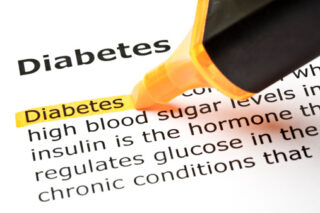Intensive voice treatment more effective than NHS speech therapy for Parkinson’s disease
Results highlight need to optimise speech therapy resources, say researchers An intensive voice treatment developed in the USA and known as the Lee Silverman voice treatment (LSVT LOUD) is more effective than conventional NHS speech and language therapy or no therapy for people with Parkinson’s disease, finds a trial published ...











